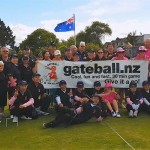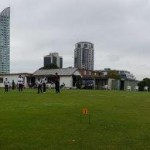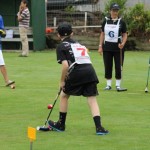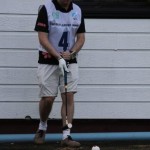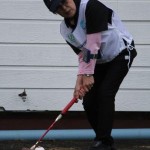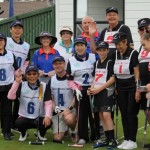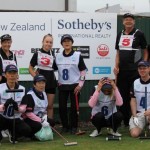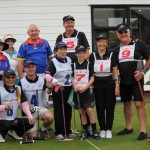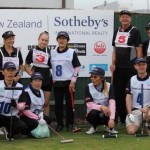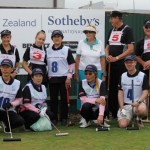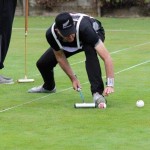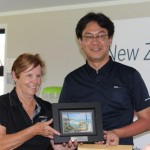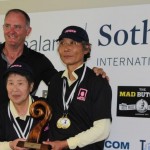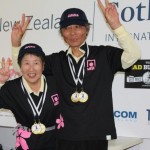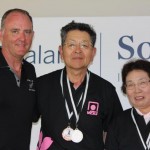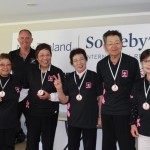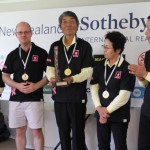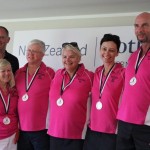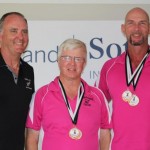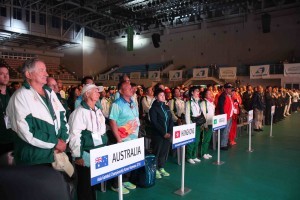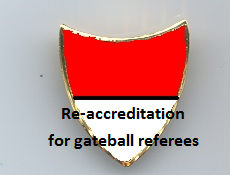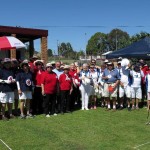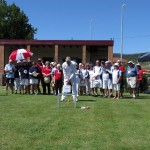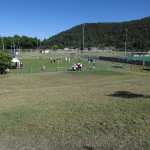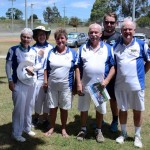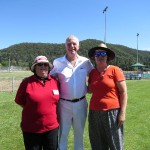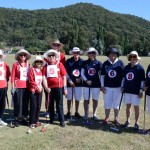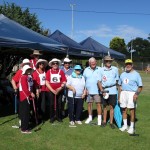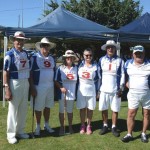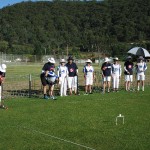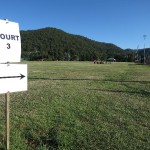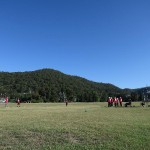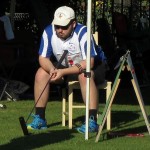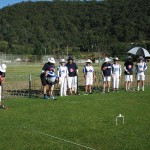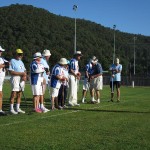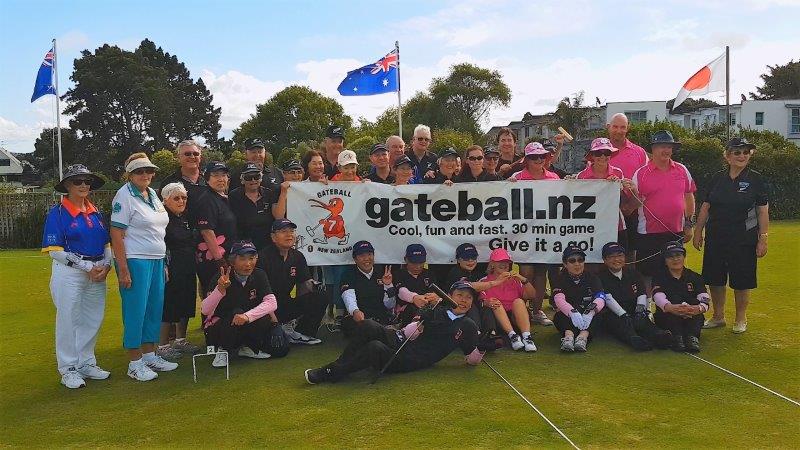 Gateball is off to a roaring start in New Zealand. The first New Zealand International Gateball Tournament was held in Takapuna, Auckland, in February. Seven teams, from Japan, Australia and New Zealand participated in the event.
Gateball is off to a roaring start in New Zealand. The first New Zealand International Gateball Tournament was held in Takapuna, Auckland, in February. Seven teams, from Japan, Australia and New Zealand participated in the event.
The tournament was buzzing from start to finish. Youngsters were on fire showing off their talents, with Japanese experts critiquing players’ touching, sliding and sparking.
New Zealand’s premier Black Sparks team placed 4th overall in Saturday’s Teams event; a great result.
Sunday’s Doubles event was won by two Japanese teams, with an Australian team placing third.Director of Gateball New Zealand,
Sherrill Dennerly, was beaming with the result. “The weekend was a great success! It was great exposure for the growth of gateball in New Zealand.”
Teams Event:
1st Place: Japan
2nd Place: Australia
3rd Place: Japan
4th Place: New Zealand
Doubles Event:
1st Place: Japan
2nd Place: Japan
3rd Place: Australia
4th Place: New Zealand
Full results can be viewed at Gateball Scores
All players are encouraged to try gateball. Gateball is played on Sundays in Takapuna, with a venue in Epsom opening later this year. No invitation is necessary to attend Sunday games.
For more information, contact:
Sherrill Dennerly
Director, Gateball NZ

